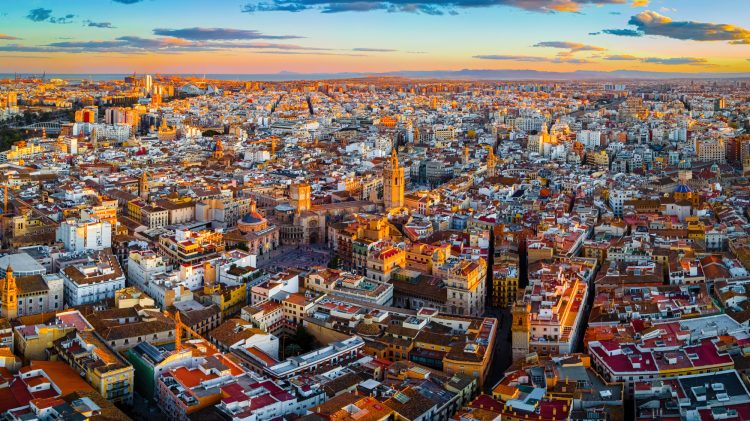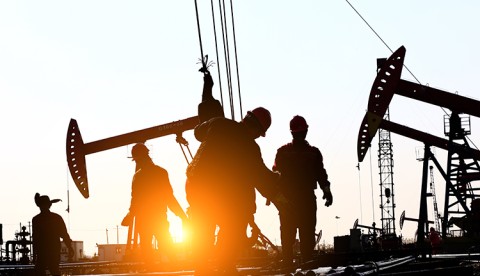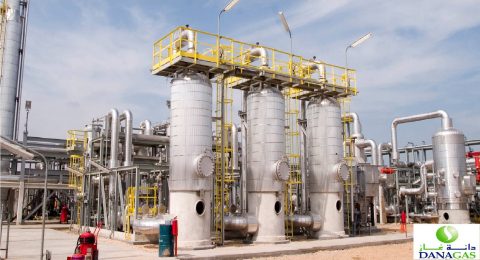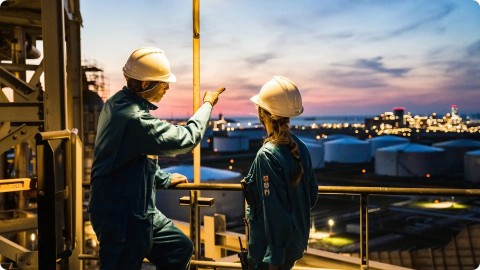bp launched the green hydrogen cluster of the Valencia region (HyVal). The public-private joint program is planned, which is led by bp, aims to produce green hydrogen at bp’s refinery by 2030 by gradually developing up to 2GW of electrolysis capacity.
HyVal is forecast to play a major role in decarbonizing the Castellón refinery’s operations. By 2030, bp could invest up to EUR 2 million in bp’s Castellon refinery transformation, which includes green hydrogen, biofuels and renewable energy.
The refinery will be able to operate more sustainably by employing green hydrogen, which is produced by electrolyzing water with renewable energy in place of the “grey” hydrogen it currently uses from natural gas.
In 2030, it is anticipated that its biofuel production would triple, reaching 650,000 tonnes annually. Moreover, green hydrogen will serve as a feedstock for the manufacturing of biofuels, notably sustainable aviation fuel (SAF).
Andrés Guevara said: “We see Hyval as key to Castellón’s transformation and critical to supporting decarbonization across the Valencia region. We aim to develop up to 2GW of electrolysis capacity by 2030 for green hydrogen production, helping decarbonize our operations and customers. And we plan to triple the refinery’s production of biofuels to help meet the growing demand for lower carbon fuels such as SAF. We believe HyVal can play an important role in Valencia region’s efforts to decarbonize and help support thousands of industrial jobs across the region.”
The Valencia region’s main hard-to-abate industries, such as the ceramic industry replacing the natural gas used in their processes, chemical industries for the production of green ammonia, and heavy transportation, will all use the produced green hydrogen in addition to being used by bp at the refinery.
The goal of HyVal is to assist Valencia in becoming a national leader in the generation of clean hydrogen in Spain. It is anticipated that its hydrogen production would be built out in stages. The electrolysis facility would be enlarged in the second stage, which might be finished in 2030, to enable it to produce up to 2GW of net installed power.
“The production of green hydrogen will be another step in strategic energy autonomy for Spain and more widely for Europe,” said Carolina Mesa, bp’s vice president Hydrogen, Spain and New Markets.












